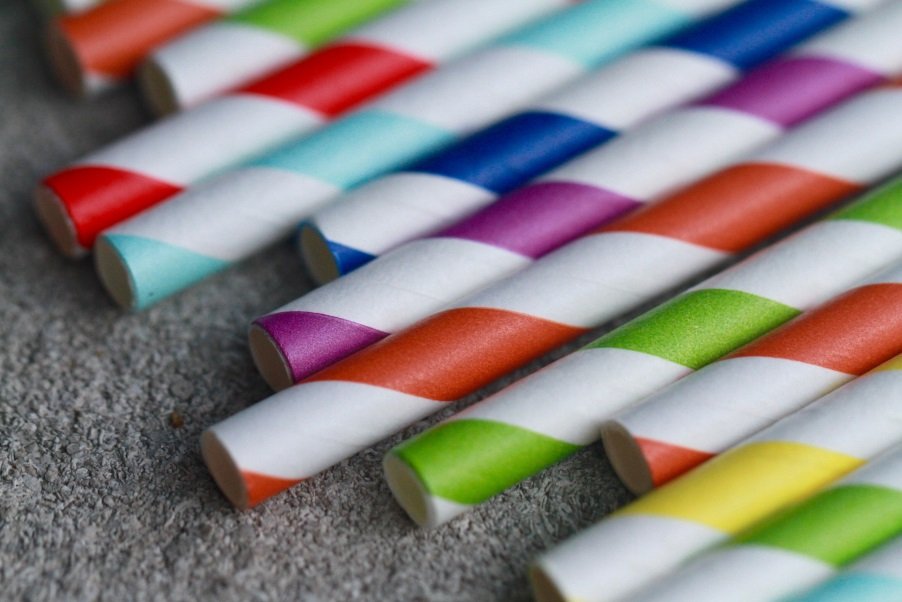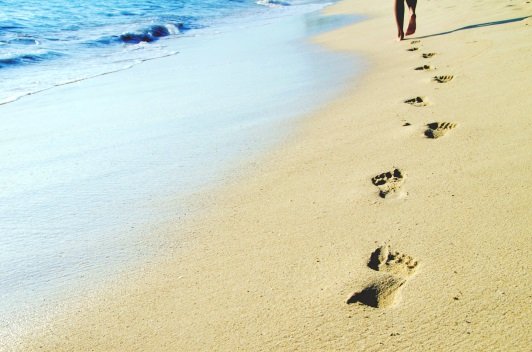
by Fern Shaw | Aug 2, 2022 | water cooler, water cooler, water dispenser
With our lives now predominately online (often whether we like it or not) and our virtual conduct changing from day to day, it can be tricky negotiating one’s conduct in the physical realm. Added to this is with so many of us having worked remotely for such a long period, returning to work in the office or school can be a little challenging.
Change is good. Of course it is. There’s no progress or movement without change. Certain things though, don’t change. That’s also good. All said it’s good to know that in the physical realm thankfully some things never change.
How you approach the water cooler station happens to be one of those things that hasn’t changed. Perhaps the banter has (massively, for obvious reasons) and very likely you’re using an AquAid touch-free water dispenser, but overall, as you head out to hydrate, water cooler station etiquette remains as it was.
Should you be feeling a little out of touch (no, not the same as a no-touch water cooler) here are a few helpful pointers:
- Don’t block access while you’re catching up with colleagues.
- Don’t use your water cooler to wash your containers/mug, water glass, or bottle!
- Keep your interaction light and impersonal. It may be important to you, but most likely hearing about your Aunt Violet’s verruca removal isn’t really what a workmate had in mind.
- Do confab about work. There are countless studies that prove exchanging ideas and comparing notes away from your office, workspace or desk often results in a good outcome.
- Keep the area tidy, help replace the bottled water if you can and if you note the bottle water supply is uncommonly low, make sure to alert your bottled water supplier. It may help to know that at AquAid, we have 23 local depots, meaning replacing your bottled water is quick and efficient.

by Fern Shaw | Sep 15, 2020 | water cooler, Water Coolers
As today is the International Day for the Preservation of the Ozone Layer, we decided to highlight a number of other possibly lesser-known advantages you benefit from when you install water coolers from AquAid.
Kinder to the environment
By using a water cooler dispenser, you are helping to protect our environment. We use billions of individual plastic water bottles each year and millions end up in our rubbish each day. By drinking water from a re-usable water bottle and refilling our water bottles from a water cooler, we can significantly reduce this number. This means that you can still enjoy the convenience of having water with you at all times and be safe in the knowledge that you are lessening the harmful impact on the environment.
More branches local to you
With more than 23 branches positioned across the UK, our multiple distribution centres allow us to be nearer to our customers – shorter delivery distances reduce fuel usage and associated carbon emissions.
Water from source
Our three sources of mineral and spring water, one each in England, Northern Ireland and Scotland, were all selected in large part due their central locations, which reduces the carbon footprint associated with the deliveries to our depots.
Creates opportunity and hope
At AquAid, an integral component of our business is helping those in need. This core belief is illustrated in each installation of our Mainsfed Water Coolers and each purchase of Bottled Water. We donate a portion of these revenues to charities that implement safe, sustainable water resources throughout Africa.
Whatever your water cooler requirements are, AquAid have over twenty two years of experience in the provision of the right AquAid water cooler for your work space – wherever you’re situated and whatever space you occupy throughout England, Northern Ireland and Scotland.
by Fern Shaw | Feb 18, 2019 | mains fed water cooler, water cooler, water cooler
You may be aware that AquAid has, since their inception some 21 years ago, donated in excess of £14 million to charity. This extraordinary achievement is due to their commitment to ensure that, since their first day of operations, a portion of their sales is donated to charity.
Charities where the principle focus is the implementation of sustainable water projects across the globe and from AquAid’s perspective, specifically throughout Africa, where a large percentage of the world’s poorest people reside.
What you may not be aware of is that for every bottle of water purchased and for each Mains Fed Water Cooler installed, a donation is made to the charities that AquAid has supported since 1998.
The charities AquAid support:
Christian Aid – AquAid have to date donated over £3 million to this charity, resulting in sustainable water projects throughout Africa aiding more than 338,000 people.
The Africa Trust – AquAid began this charity in 2010: 19 years later, over £6 million in donations has meant more than 1.2 million people have gained access to clean drinking water through the implementation of sustainable water projects such as the Elephant Pump.
What can you do?
If you’re considering installing a water cooler, we recommend AquAid. Not only will your organisation benefit by having constant access to refreshing drinking water readily available, but for each sip you take, you’ll be making a positive change in other’s lives by enabling their access to clean drinking water.
The possibilities are truly endless. Contact AquAid today.

by Belinda Ollewagen | Jan 12, 2019 | water cooler, water dispenser
The sheer number of people without access to clean and safe drinking water is staggering. According to the World Health Organization, in 2015 2.1 billion people didn’t have access to safely managed drinking-water services. Of those people ‘423 million people were taking water from unprotected wells and springs; and 159 million people were collecting untreated surface water from lakes, ponds, rivers and streams.’ It’s this desperate need, the need of millions to have cleaner and safer water to drink that drives us on and that has us support the Africa Trust. With a percentage of every water dispenser sale donated to the trust, AquAid has to date donated over £6 million pounds, built over 8,000 water wells in different developing countries on the continent, and helped bring safe drinking water to more than 1.2 million people.
There are many other organizations that also keep this dire need top of mind, and one such initiative is WATERisLIFE who have developed the new clean sip straw filters – a portable water purifier that can be used in any water source to provide water that is safe to drink.
This is how it works:
‘Inside the WATERisLIFE straw are membranes, patented filter material, and active carbon, which removes the taste and medium size bacteria. The technology protects against waterborne bacteria and viruses like typhoid, cholera, E. coli, dysentery and diarrhea. The smaller filters use new groundbreaking technology to cover a broader range of contaminates. Additionally, these filters deal with heavy metals such as lead, mercury, and aluminum, arsenic, fluoride, chlorine, cadmium, giardia, E Coli, algae, hydrogen sulfide, cholera, and typhoid.’
And this is how it makes a difference:
‘Each WATERisLIFE straw filter will provide hundreds of liters of clean water (typical use is 2-3 liters of water per day per person). Once it is no longer effective, the straw will stop being able to draw water. $10 puts a filter into the hands of a person who desperately needs it. ‘
If you also want to know that you’re making a difference and helping to bring clean and safe drinking water to hundreds of thousands of people, then choose an AquAid watercooler or water dispenser, because with every cup of AquAid water you help bring water to Africa.

by Belinda Ollewagen | Jan 8, 2019 | water cooler, water dispenser
We often talk about our carbon footprint – it’s a concept we’re familiar with out of necessity, because so much of what we do, or don’t do, affects our climate globally. But the same concept can be applied to water, whether it’s water out of the watercooler, irrigation water or washing water – nearly everything we do or consume is touched by water in some way and so it too has a footprint.
Building on the notion of virtual water first introduced by Professor Tony Allan in 1993, Professor Arjen Hoekstra in 2002 created the water footprint – a way of measuring how much water is consumed in the production of goods and services along the entirety of the supply chain. In the mid 2000’s global big-brand companies became more and more aware of their dependence on water and the water-related risks they faced, which in turn inspired Hoekstra in 2008 to create the Water Footprint Network – a gathering of the brightest minds dedicated to showing how Water Footprint Assessment can help us move forward and overcome the challenges of unsustainable water use.
Their vision: ‘A world in which we share clean fresh water fairly amongst all people to sustain thriving communities and nature’s diversity.’
Their mission: ‘To use the water footprint concept to promote the transition toward sustainable, fair and efficient use of fresh water resources worldwide.’
So what can we do in our personal capacity to reduce our water footprint you might ask? Well there are two ways we can make a difference – directly and indirectly.
Directly we can reduce our own consumption by installing water-saving devices in our homes; we can make small changes like closing the tap while we brush our teeth; and we can use less water in our gardens.
Indirectly we have two options: we can change what we consume – for example a shift from eating meat to becoming vegetarian, drinking tea instead of coffee, or better yet visiting the water dispenser more often and just drinking more plain water; or if these shifts seem too extreme, we can stay with what we consume, but choose those products (the cotton, beef or coffee) that has a lower water footprint. But this requires that we know more about the relevant products, and manufacturers aren’t always as forthcoming as they should be, so this is something else consumers can do – we can drive more transparency from the various key players.
Every action we take has a consequence – so let’s be sure to make it a positive one!




